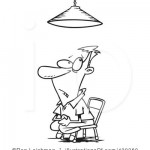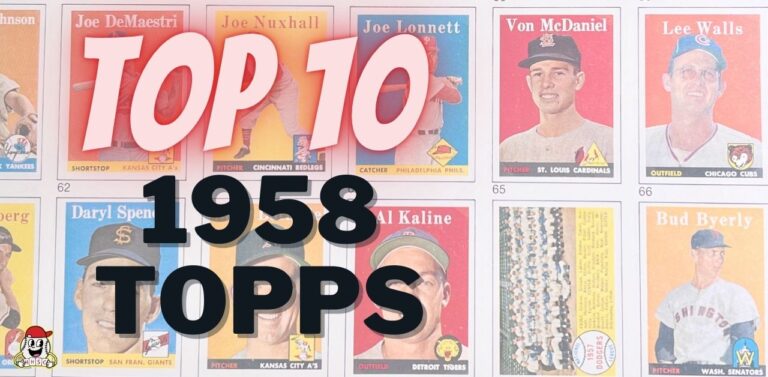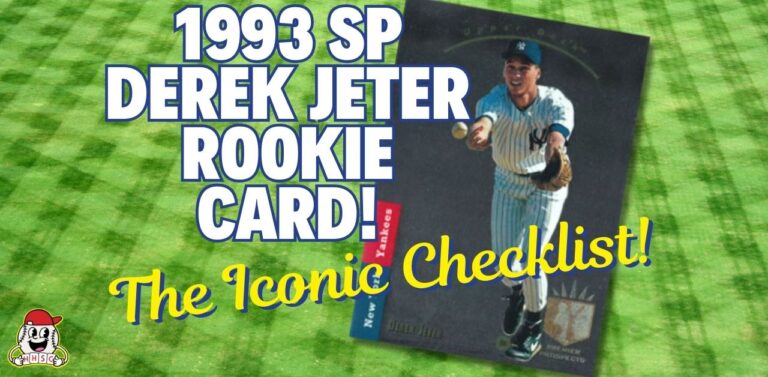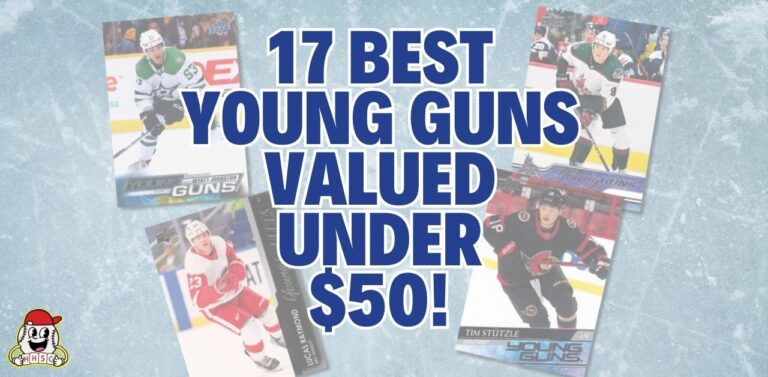Do rookies perform worse after the All-Star break? My claim over this statement is nonexistent, while the original thought of its occurrence was brought to my attention by Adam Aizer on the CBS Fantasy Baseball Podcast. My judgment dissuaded, I thought that it would be worth the effort to look into the validity of the …
Do Rookie Hitters Decline in the Second Half?
Do rookies perform worse after the All-Star break?
My claim over this statement is nonexistent, while the original thought of its occurrence was brought to my attention by Adam Aizer on the CBS Fantasy Baseball Podcast.
My judgment dissuaded, I thought that it would be worth the effort to look into the validity of the statement.
From the perspective of an offensive player, rookies infrequently make enough of an impact in the size of leagues (i.e. 10-team and 12-team leagues) that pedestrian Fantasy Baseball players occupy. For those sizes of leagues that the aforementioned owners participate in, a rookie hitter that is worth owning is either an elite prospect or a player that has preformed beyond their true talent level. As a result, the former is rare, while it would make sense for the latter to regress to their true talent level and is more common than the former. The idea that rookie hitters decline throughout the year is just a misevaluation of the player’s true talent level.
To put another way, it is the same logic that comes into play with a recent event: the Home Run Derby. Players that participate in the Home Run Derby are players that have exceptional first halves, which are often beyond their true talent level. These players often perform worse in the second half than they did in the first half, not because they participated in the monotonous and dated event that has become the Home Run Derby, but because, just like the rookies who perform worse in the second half of the season than the first, they have regressed toward their true talent level; when the rookies regress, they have just regressed to the point where they are not ownable.
The research looks at all player seasons between 1988 and 2013 where a batter was in their first season, had 250 plate appearances in the first half of the season, and had 250 plate appearances in the second half of the season.
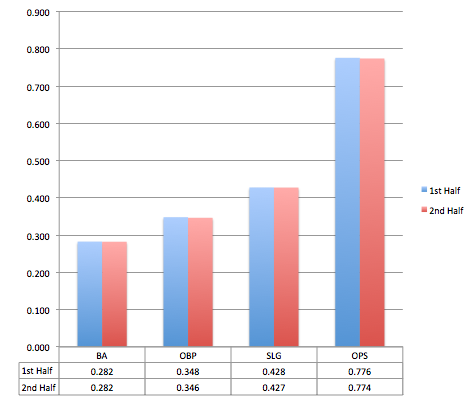
The rookie second half decline and the post Home Run Derby slump intuitively make sense, but intuition does not always bear truth. Through cognitive ease we rationalize that “Swinging that hard for that long throws off your timing”; “A rookie is too young to be able to make it through the long hot summer.”
Because most fantasy leagues are small, the only reason that the common rookie was on our teams to begin with is because they had to play beyond their ability in the first half of the season. The rookie who is on our team right now, unless he is a reputable prospect, is probably a safe bet to decline. But as a whole, we can see that there is no decline in rookie performance based on first half/second half splits.
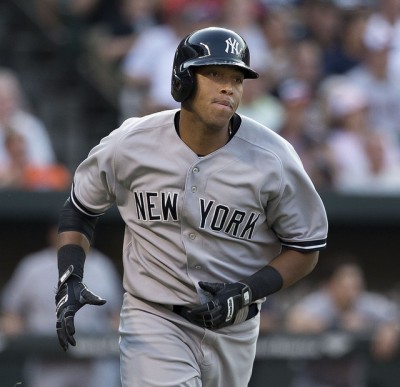
Our desire to perceive a decline is just our desire to hold onto our ability as talent evaluators. We know that Yangervis Solarte is a great player, and the only reason he hasn’t been able to sustain his performance is because he is rookie that can’t play out the season: common baseball logic. In actuality, Solarte was not as good as some originally thought, and his true talent was never good enough to be on a 10 or 12 team league.
Summary:
Rookie hitters, as a generalization, are not good enough to play in 10 or 12 team leagues, and, as a generalization, those that do play in ten team leagues regress to their true talent level, which is not valuable enough to be ownable.
 Devin Jordan is obsessed with statistical analysis, non-fiction literature, and electronic music. If you enjoyed reading him, follow him on Twitter @devinjjordan.
Devin Jordan is obsessed with statistical analysis, non-fiction literature, and electronic music. If you enjoyed reading him, follow him on Twitter @devinjjordan.

